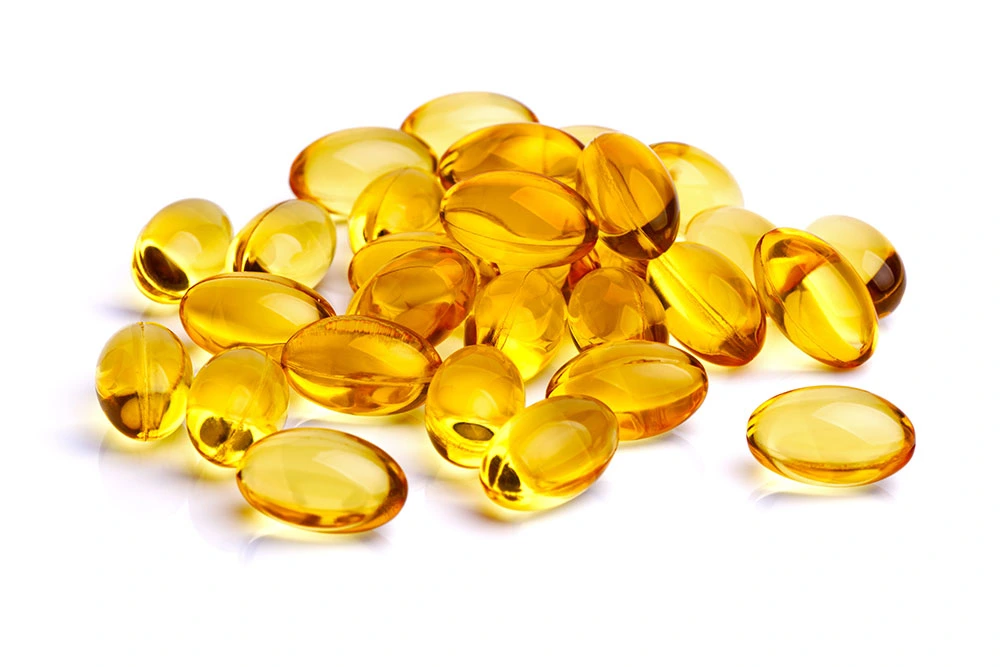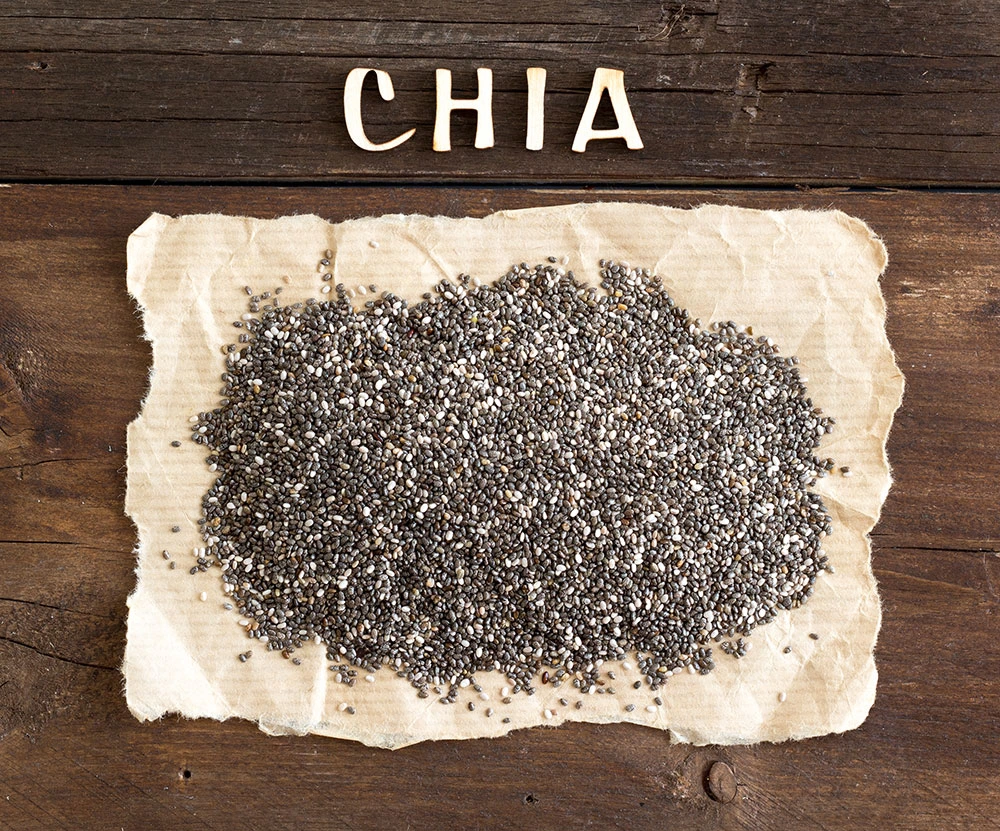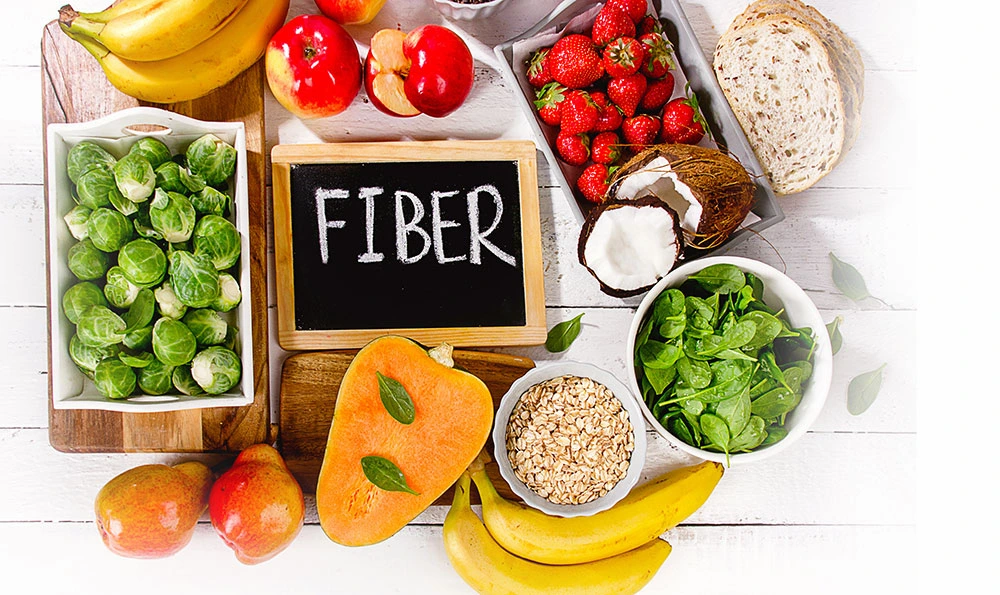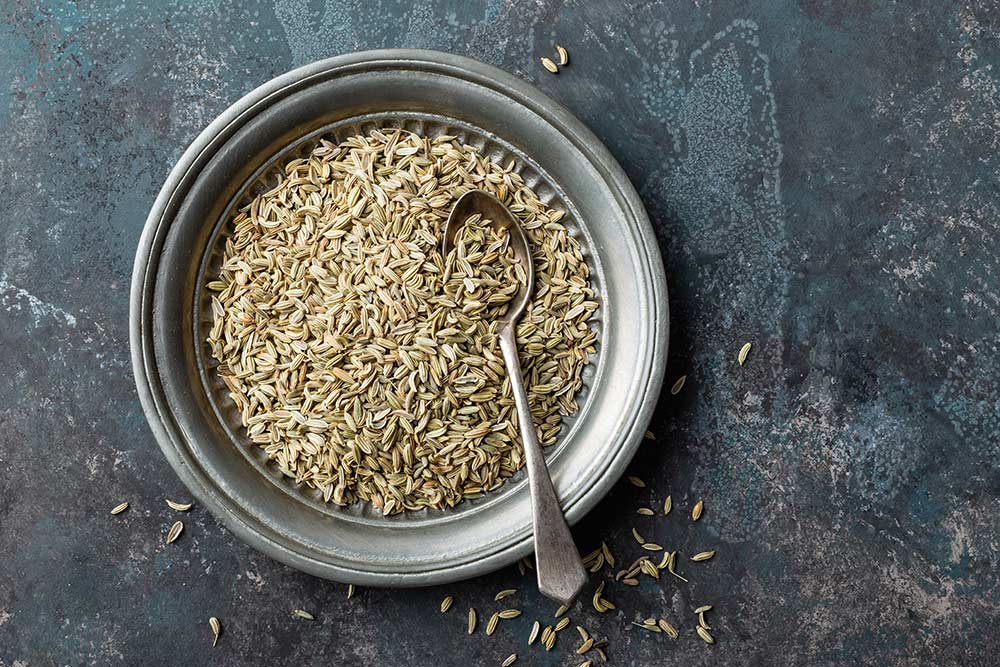Last updated on September 9th, 2022
Sabja seeds or basil seeds are for cultivating basil plants. These are also edible and carry several health benefits. They look just like sesame seeds but are black. The type which originates from sweet basil is Ocimum basilicum. It is a plant commonly used in homes. Therefore, the seeds are naturally known as sweet sabja seeds. These seeds have a long history of use in Ayurvedic and Chinese medicine. Yet, their health effects have only been tested in some research studies.
The intake of sabja seeds is becoming popular in Western culture. Studies propose that sabja seeds exert health benefits. These include:
- Supporting digestive health
- Weight management
- Prevent illnesses like cancers or heart problems.
In this article, a detailed description of Sabja seeds, their nutritional information, the health benefits of basil seeds, as well as potential risks will be given to you.

What is Sabja Seed?
Sabja seeds originate from a variant of basil. It is known as sweet basil (Ocimum bascilicum). The plant is native to the tropical regions of Asia and Africa. These seeds are oval in shape, and black in color. Inflammation of seeds occurs when they are soaked in water. And, results in a gelatinous mass.

Sabja Seeds Nutrition
Research has found that the nutritional composition of sabja seeds differs based on where individuals grow them. Studies have suggested that 100 grams of sabja seeds comprise:
- 63.8 g of carbs
- 22.6 g of fiber
- 14.8 g of protein
- 13.8 g of lipids
The major minerals present in 100 grams of sabja seeds include:
- 31.55 mg of magnesium
- 2.27 mg of iron
- 1.58 mg of zinc
Also, studies have found that 100 grams of sabja seeds are composed of around 442 calories.
Sabja seeds contain a high amount of calcium, fiber, and good fats! The benefits of these seeds are so excellent you won’t ever look back!
Also Read: Health Benefits of Chia Seeds
Sabja Seeds Benefits
Rich Amount of Minerals
As per the U.S. product nutrition labels, one tablespoon of sabja seeds gives 15% of the Reference Daily Intake (RDI) for calcium as well as 10% of the RDI for iron and magnesium. Magnesium and calcium are vital minerals for maintaining bone health and muscle function; although iron is essential for the production of RBCs. A lot of people don’t get sufficient calcium and magnesium from their diet. Consumption of Sabja seeds aids a person in reaching the daily requirements of all these nutrients. In addition, sabja seeds are a key source of iron and calcium for individuals who don’t consume meat or dairy products.
Also Read: Health Benefits of Apple
Full of Fibers
Sabja seeds are rich in fiber, chiefly soluble fiber, like pectin. Below are some of the ways how the fiber in basil seeds helps in benefiting overall health:
- Helps a person meet his or her fiber quota. Just one tablespoon (13 grams) of sabja seeds gives 7 grams of fiber. Fiber is thought to benefit people whose goal is to manage their weight. A diet with enough fiber can extend the feeling of fullness after consumption. Studies show that enhanced fiber consumption can be related to supporting sabja seeds for weight loss and higher success when sticking to a definite diet pattern. Also, studies suggest that fiber is seen to reduce the risk of conditions like heart disease, type 2 diabetes, and colorectal cancer.
- Help in supporting gut health. Studies have found that pectin is packed with prebiotic benefits; it helps in nourishing and increasing the beneficial gut bacteria. This may involve anti-inflammatory bacteria seen to promote gut health. When there is a multiplication of good bacteria, digestion and absorption of nutrients get improved.
- Makes the person feel full. Pectin can delay stomach emptying as well as boost hormone levels that give a sense of fullness to a person. Still, it’s unsure whether the consumption of Sabja seeds to control appetite is a successful weight loss approach.
- Helps in blood sugar regulation. Studies suggested that when type 2 diabetics consumed 10 grams (3/4 tablespoon) of sabja seeds (soaked in water) after each meal regularly for 30 days, their post-meal blood glucose level was found to be 17% lower than when the study began. A 2016 study has found that Sabja seeds are packed with potential anti-diabetic properties. The aqueous extract of Sabja seeds effectively treated rats with diabetes, reducing both body weight as well as blood glucose levels.
- Improves the levels of cholesterol. Pectin is thought to reduce blood cholesterol by blocking cholesterol absorption in the gut. Individuals who consumed 30 grams (7 teaspoons) of sabja seeds every day for 30 days noticed an 8% drop in their levels of total cholesterol.
Contains a Good Amount of Plant Compounds
Sabja seeds are rich in plant compounds. These are flavonoids and other polyphenols. Flavonoids are nothing but powerful antioxidants. And they work by defending the body cells from damage by free radicals. The oxidative stress resulting from free radical links with:
- Cardiovascular ailment
- Neurodegenerative disorders
- Different types of cancers.
Sabja seeds can have an improved antioxidant potential than other seeds. Thus, it is beneficial for an individual’s overall health. In addition, these plant compounds exert strong anti-inflammatory and anticancer properties. Higher flavonoids in their diet reduce the heart disease risk. Additionally, Sabja seed extract kills bad bacteria. And, it leads to increased death of cancer cells.
Also Read: Health Benefits of Papaya
Good Source of Omega-3 Fats
Sabja seeds contain an average of 2.5 grams of fat per 1 tablespoon serving. From this fat, about ½ is alpha-linolenic acid (ALA), which is an essential omega-3 fat. The adequate consumption of ALA is 1,100 mg or 1,600 mg per day for females and males respectively. Thus, just one tablespoon of sabja seeds meets a person’s daily requirements for ALA. And, a person’s body chiefly uses ALA to produce energy. It can also exert anti-inflammatory benefits. It lowers the risk of certain medical problems:
- Heart disorders
- Type 2 diabetes.
Because of their ALA content, sabja seeds contain anti-inflammatory effects on medical problems like arthritis. They are thought to have powerful antiulcer properties as well.

Great Option Over Chia Seeds or Basil Seeds vs Chia Seeds
Are basil seeds and chia seeds the same thing? Sabja seeds are a little larger than chia seeds. Yet, have a similar nutritional profile. Chia seeds contain more than two times the omega-3 fat. Yet, a little less fiber than basil seeds. Both chia and sabja seeds inflame. They form a gel when soaked in water. On the other hand, sabja seeds swell up earlier. And, to a bigger size than chia seeds. Both seeds are tasteless. Thus, they can be utilized in smoothies and baked goods.
Also Read: Health Benefits of Ber/Jujube

Potential Antibacterial Properties
Sabja seeds may exert promising antibacterial properties. These seeds are effective against different bacteria. It is Pseudomonas aeruginosa, a bacterium responsible for pneumonia.
Also Read: Can Quitting Alcohol Reverses Diabetes?
Also Read: Health Benefits of Turmeric
How to Eat Sabja Seeds?
Sabja seeds have a mild flavor and a gelatinous texture. This makes them easy to include in certain drinks and desserts. In lots of Asian countries, people use Sabja seeds commonly. An example is falooda, a well-known dessert in many parts of India. There are lots of recipes available for different basil seed dishes.
Basil seeds recipe can vary on the duration of soaking. Yet, most suggest soaking them for between half an hour and 2 hours. And, that too before straining off the water. Once strained, individuals can blend the seeds. Or, add them as a topping to:
- Cold desserts
- Oatmeal
- Lemonade or other drinks
- Yogurt
- Smoothies and milkshakes
Also, individuals can grind sabja seeds. Then, add them to baking recipes, rather than soaking them in water.
Summary
Sabja seeds are rich in fiber, a perfect source of minerals like iron, calcium, or magnesium, and are rich in plant-based omega-3 fat and other plant compounds. These seeds have a beneficial nutritional value and can be easily incorporated into a number of dishes. Even though research into other potential health benefits of sabja seeds is in early phases, intake in moderate amounts may add to a healthy diet.
Read More: Health Benefits of Ashwagandha
FAQs:
How can I plant Sabja seeds?
The brown is cut off and flower heads are washed out. Let them dry for some days in a warm, dry place. The heads are then crushed over the colander and the old petals and chaff is picked out. Basil seed collection is very easy.
Is it ok to have sabja seeds without soaking?
Basil seeds are quite hard to chew, so avoid consuming them raw. It’s better to soak them in water before having them, this makes them more gelatinous. It is suggested to consume at least 2 teaspoons daily to derive health benefits. These seeds are packed with various health-benefiting properties.
What occurs when you have sabja seeds at night?
Sabja seeds are a natural detox and helps in controlling smooth bowel movements. It’s suggested to add Sabja seeds in a glass of milk and drink before going to bed for a couple of days. Sabja seeds contain volatile oils that assist in relieving gas from the gastrointestinal tract.
Is it safe to have sabja seeds the whole day?
The easiest thing any person can do is soak 2 teaspoons of sabja seeds in water and have it daily. Also, Sabja seeds can be added to smoothies, sherbets, or falooda for obtaining extra benefits.
References:
- https://www.healthline.com/nutrition/basil-seeds#The-Bottom-Line
- https://www.medicalnewstoday.com/articles/basil-seeds#summary
Last Updated on by Dr. Damanjit Duggal
Disclaimer
This site provides educational content; however, it is not a substitute for professional medical guidance. Readers should consult their healthcare professional for personalised guidance. We work hard to provide accurate and helpful information. Your well-being is important to us, and we value your feedback. To learn more, visit our editorial policy page for details on our content guidelines and the content creation process.

 English
English















Great post. I was checking constantly this blog and I’m impressed!
Very useful info particularly the closing phase 🙂 I take
care of such info much. I used to be seeking this certain information for a very lengthy time.
Thanks and good luck.